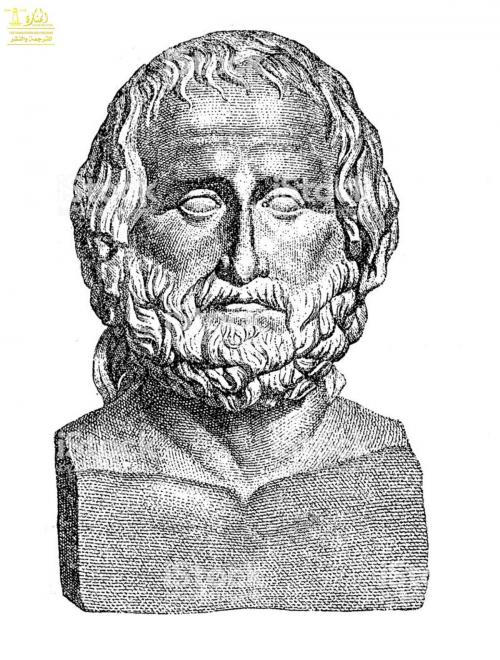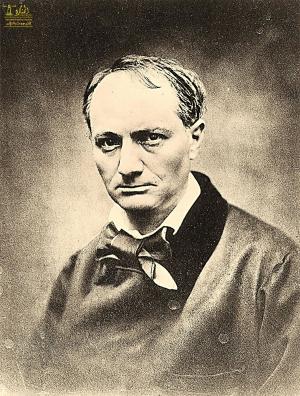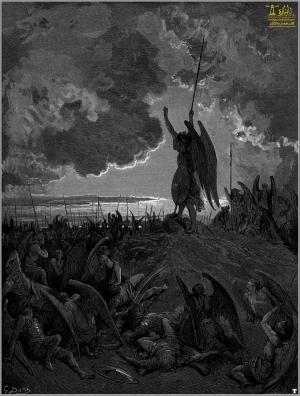| Author: | Euripides | ISBN: | 9780599445062 |
| Publisher: | Lighthouse Books for Translation Publishing | Publication: | June 21, 2019 |
| Imprint: | Lighthouse Books for Translation and Publishing | Language: | English |
| Author: | Euripides |
| ISBN: | 9780599445062 |
| Publisher: | Lighthouse Books for Translation Publishing |
| Publication: | June 21, 2019 |
| Imprint: | Lighthouse Books for Translation and Publishing |
| Language: | English |
The Phoenician Women is a tragedy by Euripides, based on the same story as Aeschylus' play Seven Against Thebes. The title refers to the Greek chorus, which is composed of Phoenician women on their way to Delphi who are trapped in Thebes by the war.
Euripides (c. 484-407 BCE) was one of the greatest authors of Greek tragedy. In 5th century BCE Athens his classic works such as Medeia cemented his reputation for clever dialogues, fine choral lyrics and a gritty realism in both his text and stage presentations. The writer of some 90 plays, Euripides was also famous for posing awkward questions, unsettling his audience with a thought-provoking treatment of common themes, and spicing up the story with thoroughly immoral characters. This is probably why Euripides won only a few festival competitions compared to his great tragedian rivals Aeschylus and Sophocles, although he was tremendously popular with the public. The popularity of Euripides' work has never diminished and his plays continue to be performed in theatres today.
It is possible to reconstruct only the sketchiest biography of Euripides. His mother’s name was Cleito; his father’s name was Mnesarchus or Mnesarchides. One tradition states that his mother was a greengrocer who sold herbs in the marketplace. Aristophanes joked about this in comedy after comedy; but there is better indirect evidence that Euripides came of a well-off family. Euripides first received the honour of being chosen to compete in the dramatic festival in 455, and he won his first victory in 441. Euripides left Athens for good in 408, accepting an invitation from Archelaus, king of Macedonia. He died in Macedonia in 406.
Euripides’ only known public activity was his service on a diplomatic mission to Syracuse in Sicily. He was passionately interested in ideas, however, and owned a large library. He is said to have associated with Protagoras, Anaxagoras, and other Sophists and philosopher-scientists. His acquaintance with new ideas brought him restlessness rather than conviction, however, and his questioning attitude toward traditional Greek religion is reflected in some of his plays. Of Euripides’ private life, little can be said. Later tradition invented for him a spectacularly disastrous married life. It is known that he had a wife called Melito and produced three sons. One of these was something of a poet and produced the Bacchants after his father’s death. He may also have completed his father’s unfinished play Iphigenia at Aulis.
The ancients knew of 92 plays composed by Euripides. Nineteen plays are extant, if one of disputed authorship is included. At only four festivals was Euripides awarded the first prize—the fourth posthumously, for the tetralogy that included Bacchants and Iphigenia at Aulis. As Sophocles won perhaps as many as 24 victories, it is clear that Euripides was comparatively unsuccessful. More to the point is that on more than 20 occasions Euripides was chosen, out of all contestants, to be one of the three laureates of the year. Furthermore, the regularity with which Aristophanes parodied him is proof enough that Euripides’ work commanded attention. It is often said that disappointment at his plays’ reception in Athens was one of the reasons for his leaving his native city in his old age; but there are other reasons why an old poet might have left Athens in the 23rd year of the Peloponnesian War.
The Phoenician Women is a tragedy by Euripides, based on the same story as Aeschylus' play Seven Against Thebes. The title refers to the Greek chorus, which is composed of Phoenician women on their way to Delphi who are trapped in Thebes by the war.
Euripides (c. 484-407 BCE) was one of the greatest authors of Greek tragedy. In 5th century BCE Athens his classic works such as Medeia cemented his reputation for clever dialogues, fine choral lyrics and a gritty realism in both his text and stage presentations. The writer of some 90 plays, Euripides was also famous for posing awkward questions, unsettling his audience with a thought-provoking treatment of common themes, and spicing up the story with thoroughly immoral characters. This is probably why Euripides won only a few festival competitions compared to his great tragedian rivals Aeschylus and Sophocles, although he was tremendously popular with the public. The popularity of Euripides' work has never diminished and his plays continue to be performed in theatres today.
It is possible to reconstruct only the sketchiest biography of Euripides. His mother’s name was Cleito; his father’s name was Mnesarchus or Mnesarchides. One tradition states that his mother was a greengrocer who sold herbs in the marketplace. Aristophanes joked about this in comedy after comedy; but there is better indirect evidence that Euripides came of a well-off family. Euripides first received the honour of being chosen to compete in the dramatic festival in 455, and he won his first victory in 441. Euripides left Athens for good in 408, accepting an invitation from Archelaus, king of Macedonia. He died in Macedonia in 406.
Euripides’ only known public activity was his service on a diplomatic mission to Syracuse in Sicily. He was passionately interested in ideas, however, and owned a large library. He is said to have associated with Protagoras, Anaxagoras, and other Sophists and philosopher-scientists. His acquaintance with new ideas brought him restlessness rather than conviction, however, and his questioning attitude toward traditional Greek religion is reflected in some of his plays. Of Euripides’ private life, little can be said. Later tradition invented for him a spectacularly disastrous married life. It is known that he had a wife called Melito and produced three sons. One of these was something of a poet and produced the Bacchants after his father’s death. He may also have completed his father’s unfinished play Iphigenia at Aulis.
The ancients knew of 92 plays composed by Euripides. Nineteen plays are extant, if one of disputed authorship is included. At only four festivals was Euripides awarded the first prize—the fourth posthumously, for the tetralogy that included Bacchants and Iphigenia at Aulis. As Sophocles won perhaps as many as 24 victories, it is clear that Euripides was comparatively unsuccessful. More to the point is that on more than 20 occasions Euripides was chosen, out of all contestants, to be one of the three laureates of the year. Furthermore, the regularity with which Aristophanes parodied him is proof enough that Euripides’ work commanded attention. It is often said that disappointment at his plays’ reception in Athens was one of the reasons for his leaving his native city in his old age; but there are other reasons why an old poet might have left Athens in the 23rd year of the Peloponnesian War.















